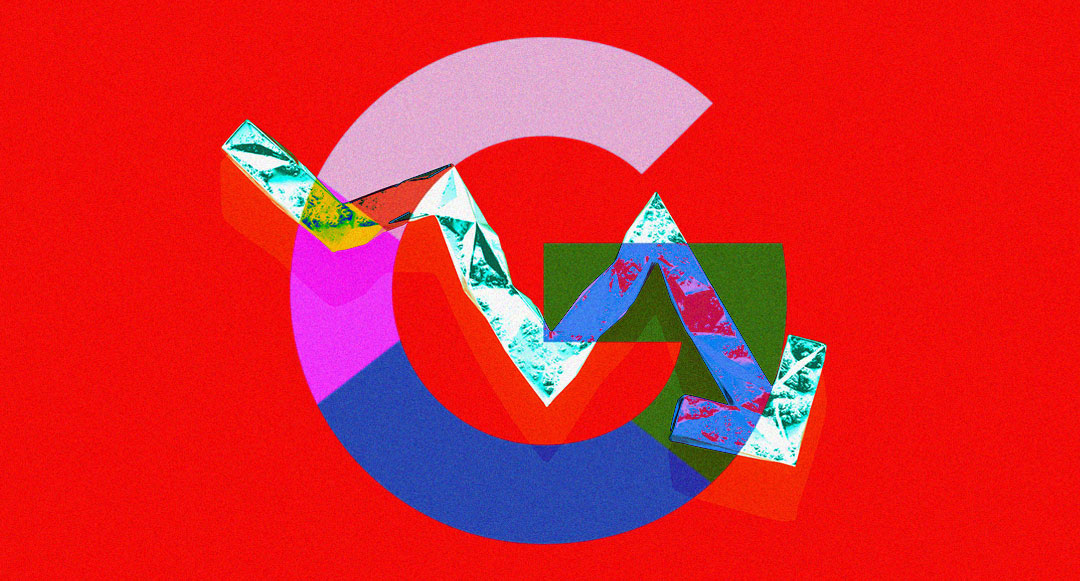
In a major change in tune, Google has admitted that the “open web is already in rapid decline” — despite being adamant for months that the “web is thriving.”
As first spotted by The Verge, the tech giant attempted to dissuade regulators from breaking up its advertising tech business, arguing that doing so would harm publishers who rely on advertising revenue.
Google argued that splitting up its ad business would “only accelerate” the open web’s disintegration ahead of an antitrust trial in a DC court.
It’s a peculiar admission, especially considering it’s in Google’s best interest to downplay the sizable role it plays in the traditional ecosystem of the web. The company has been caught up in several antitrust lawsuits, with regulators finding that it was behaving anti-competitively, using its influence to assume an unprecedented level of control over the open web.
Earlier this year, the US Department of Justice won a separate antitrust case against Google, finding that the company had been operating a monopoly in the adtech business. In August 2024, a judge also ruled that Google had illegally exploited its dominance on the web to stifle innovation and squash competition.
It’s worth noting that the search giant is pushing back; a spokesperson told the Verge that the “rapid decline” statement was “cherry-picked,” misrepresenting the filing.
“We are pointing out the obvious: that investments in non-open web display advertising like connected TV and retail media are growing at the expense of those in open web display advertising,” the spokesperson said.
Cherrypicked or not, Google’s choice of words tells a damning story about the situation countless digital publishers find themselves in. Many of them have become highly susceptible to changes in the company’s algorithms, seeing traffic, and therefore display ad revenues plummet, practically overnight, earlier this year, as Google makes changes behind the scenes.
Adding insult to injury is Google’s embrace of AI, putting its error-laden AI Overviews feature on top of search results to disincentivize users from clicking on links, for instance. Research has shown that Google users are far less likely to visit actual sites when presented with AI-generated summaries.
Google CEO Sundar Pichai attempted to argue the company has played no part in the major drop in internet traffic, telling the Verge earlier this year that it’s “definitely sending traffic to a wider range of sources and publishers” thanks to its AI search tools.
Besides Google accelerating the demise of ad revenue-reliant publishers, users have also found that the quality of Google search results has significantly deteriorated as AI slop continues to flood the open web, often exploiting the company’s algorithms to float to the top of search rankings.
In short, Google is stuck between a rock and a hard place: it played a mammoth role in the evolution of the modern internet — but with AI now remaking that landscape, it finds its search results flooded by low-quality AI content at the same time that it’s forced to integrate AI in ways that feel embarrassing for an entity of its stature.
More on Google: If You Ask Google Why It Sucks Now, AI Overviews Will Viciously Bully Google and Itself